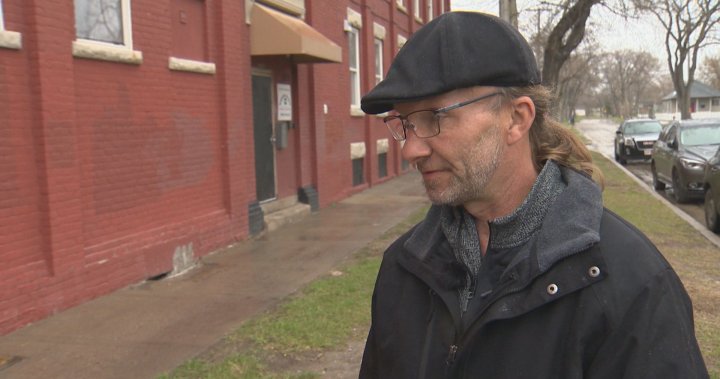A Manitoba man named Darrin Wright was brutally attacked in Winnipeg nearly three years ago, leaving him with severe injuries to his face. The attack occurred when Wright was helping a friend pick up a bike that had been kicked over by a person in a drug-induced state. The attacker turned around and hit Wright in the face with a wrench, resulting in life-altering injuries. Wright required reconstructive surgery, lost 40 percent of his vision in one eye, and continues to struggle with pain and migraines. The impacts of his injuries have been significant, leading him to be on disability, unable to drive, and losing his property south of Winnipeg. Despite applying for compensation for victims of crime from the province, Wright is still waiting for answers and has not received the support he needs.
Wright expressed disappointment with the support he has received from victim services, stating that he feels like he has only received minimal assistance. Victim services covered the cost of replacing the clothes he was wearing on the day of the attack and provided 50 percent of the cost of new glasses to replace his vision. However, Wright feels that the assistance he has received is inadequate, describing it as more of a sham than an actual service. While he has been reimbursed for some medical tests he had to pay for out of pocket, the lengthy wait times for reimbursement have caused financial strain for Wright as he struggles to cover his living expenses each month.
According to Jeffrey Bradley, a PhD candidate in Legal Studies at Carleton University, Wright’s experience is not unique. Bradley highlights that many victims of crime in Canada do not receive the support they need. He emphasizes the importance of addressing the harm experienced by victims and meeting their needs, as the lack of adequate support can have a detrimental impact on individuals. Victims often feel disconnected from their community and struggle with unaddressed trauma, leading to long-term challenges in their recovery process. Bradley explains that victim services are intended to be a lifeline for those in need, but due to funding limitations, the services may only provide short-term assistance.
Despite the challenges he has faced, Wright remains hopeful that he can get his life back on track and return to work. He is also determined to share his story in order to help others who may find themselves in similar situations. Wright advocates for more support for victims of crime, emphasizing the need for additional assistance to help individuals rebuild their lives and regain their independence. While the province claims to have provided financial support through the victims of crime compensation program, Wright’s case highlights the delays and challenges that victims may encounter in accessing the assistance they are entitled to receive.
In response to the issues raised by Wright and others, the province stated that between 2021 and 2023, 2,000 people applied for victims of crime compensation and nearly $5.5 million was distributed. The province also mentioned that victims who are permanently impaired may be eligible for a permanent impairment award, which can take time as medical procedures and healing occur. Additionally, wage loss benefits are considered for victims who are employed or self-employed and unable to return to work. The province aims to arrange direct billing with service providers for specific items such as dental and medical equipment to alleviate the burden on claimants. Despite these efforts, the challenges faced by victims like Darrin Wright highlight the ongoing need for improved support and resources for individuals who have experienced crime.


